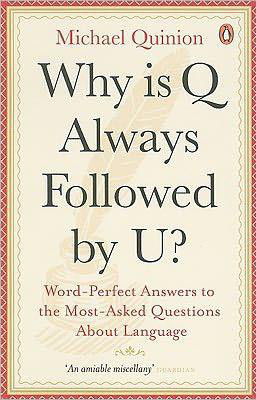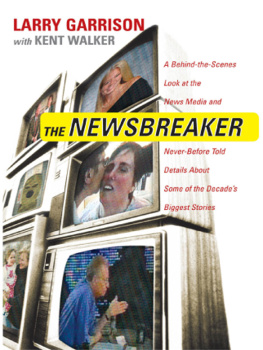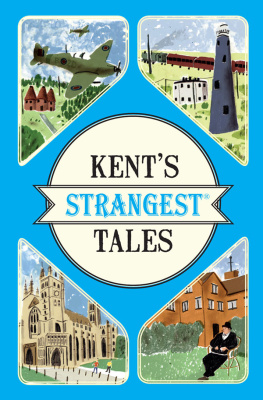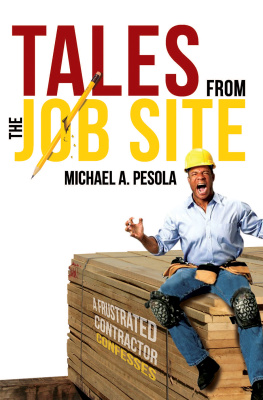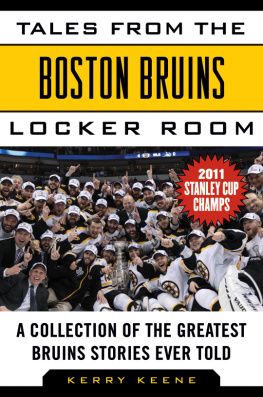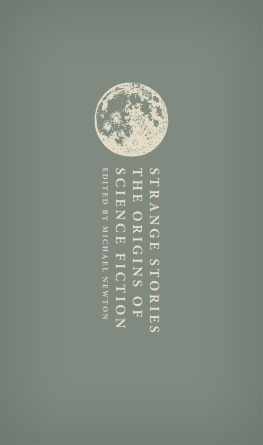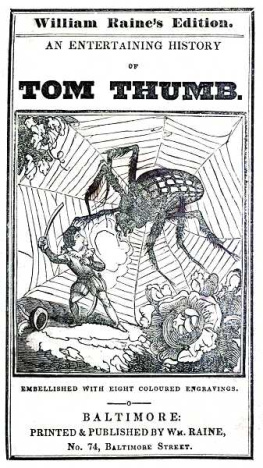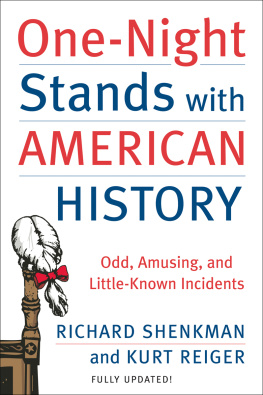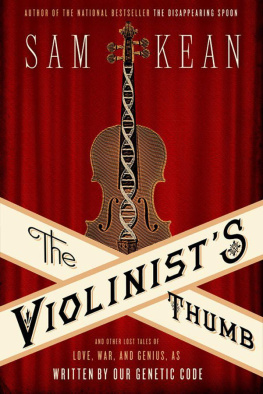Port Out, Starboard Home
Port Out, Starboard Home
and other language myths
Michael Quinion

PENGUIN BOOKS
PENGUIN BOOKS
Published by the Penguin Group
Penguin Books Ltd, 80 Strand, London WC2R 0RL, England
Penguin Group (USA) Inc., 375 Hudson Street, New York, New York 10014, USA
Penguin Group (Canada), 90 Eglinton Avenue East, Suite 700, Toronto, Ontario, Canada M4P 2Y3
(a division of Pearson Penguin Canada Inc.)
Penguin Ireland, 25 St Stephens Green, Dublin 2, Ireland
(a division of Penguin Books Ltd)
Penguin Group (Australia), 250 Camberwell Road, Camberwell, Victoria 3124, Australia
(a division of Pearson Australia Group Pty Ltd)
Penguin Books India Pvt Ltd, 11 Community Centre, Panchsheel Park, New Delhi 110 017, India
Penguin Group (NZ), cnr Airborne and Rosedale Roads, Albany, Auckland 1310, New Zealand
(a division of Pearson New Zealand Ltd)
Penguin Books (South Africa) (Pty) Ltd, 24 Sturdee Avenue, Rosebank, Johannesburg 2196, South Africa
Penguin Books Ltd, Registered Offices: 80 Strand, London WC2R 0RL, England
www.penguin.com
First published 2004
Published in Penguin Books 2005
4
Copyright Michael Quinion, 2004
All rights reserved
The moral right of the author has been asserted
Except in the United States of America, this book is sold subject
to the condition that it shall not, by way of trade or otherwise, be lent,
re-sold, hired out, or otherwise circulated without the publishers
prior consent in any form of binding or cover other than that in
which it is published and without a similar condition including this
condition being imposed on the subsequent purchaser
EISBN: 9780141909042
Contents
Introduction
Stories about words
Youre with a friend, and you get talking about language, probably because one of you has just uttered some expression that youve never thought about before, like ONE FELL SWOOP or DRESSED TO THE NINES (words and phrases in SMALL CAPITAL LETTERS have entries in this book). Your friend tells you an interesting story about where the saying comes from, such that the word HONEYMOON derives from an old Persian custom of giving the happy couple mead for the first month after the wedding, or that a HOOKER is so called after the camp followers who flocked around the headquarters of the American Civil War general Joseph Hooker.
Well, you believe it, dont you? Who wouldnt? The story is convincing, often backed up with extraneous but significant detail drawn from the tellers personal experience or background knowledge. And, most of all, you have nothing to measure it against. It all sounds very reasonable. You are impressed with your friends superior knowledge about language and history. At the next opportunity, you mention the story to somebody else. Each time you do so, or hear somebody else repeat it, the tale becomes more familiar, above all, more true. After a while, its as though you have always known it. You may even become a little possessive about it, so that somebody who attempts to argue differently seems to be telling you that youre a fool and that you dont know what youre talking about.
Were suckers for a really good story its one way we make sense of the world around us and so turn the unfamiliar (which is much the same thing as the dangerous and the frightening) into the known and the comfortable. So its important that we have stories that explain things, but its much less important that the stories we tell are verifiably true. Much of this book is a testament to that insouciance about origins.
Such stories about language must satisfy on a number of levels: they must reassure and convince, but above all they must interest and entertain. Stories that are boring, mundane or inconclusive will not survive. Unfortunately, real word histories are often all of these things.
Back in Elizabethan times, an early economist called Sir Thomas Gresham promulgated the rule that bad money drives out good that good-quality coins mixed with debased ones will be hoarded or exported, leaving only the rubbish in circulation. Its much the same with etymology, alas. Only an etymologist could or would be expected to take the time to exhaustively research the history and evidence behind such stories, and in these days of electronic communications an entertaining but false word history will race twice round the world before the etymologist has had time to put fingers to keyboard.
Etymythology
Some experts call the creation of such stories about the origins of words popular etymology or folk etymology. A large part of this book retells such mythic tales and also tries to find and explain the true stories behind them. You might like to think of it as a group of illustrations of the imaginative ways in which people can work very hard to make sense of the unknown. Better names might be pseudo-etymology, mythic etymology or etymological myth one worker in the field, Professor Laurence Horn, has collapsed those terms into the neatly abbreviated etymythology.
There are two specific kinds of etymythology that continually recur. One argues that a given word has been created as an acronym, from the initial letters of a phrase. This is a common suggestion, for words as widely differentiated as COP, Constable On Patrol, FUCK, supposedly Fornication Under Consent of the King, POSH, Port Out, Starboard Home (from sailing-ship days), or TIP, money given to a waiter To Insure Promptness.
People think this is a sensible sort of suggestion because we are surrounded by an alphabet soup of acronyms these days, such as GIFT (Gamete Intrafallopian Transfer), NATO (North Atlantic Treaty Organization), SARS (Severe Acute Respiratory Syndrome) or POTUS (President Of The United States). Some acronyms are now so accepted as words in their own right that few know their origins: radar is from Radio Detection And Ranging, laser from Light Amplification by Stimulated Emission of Radiation, and scuba from Self Contained Underwater Breathing Apparatus.
The fashion for acronymic creation is actually a military one dating from around the time of the First World War (an early example is AWOL, Absent Without Leave, though even this wasnt consistently pronounced as a word until the Second World War), and acronyms didnt get into wide general circulation until the Second World War and after. There are almost no examples of words of acronymic origin before 1900 (though some writers will argue that our modern sense of CABAL was at least influenced by initials). Indeed, the very word acronym to describe them wasnt coined until 1943.
Another, more erudite, mistake is to assume that because a word exists in English, and a similar sounding word with much the same meaning exists in another language, that the two must necessarily be connected. One of the more famous examples here is that OK derives from the Choctaw okah, all right; it was also thought at one time that YANKEE came from Cherokee eankke, a slave.
To discover similarities like these can be a heady experience: it takes no more than a moment to construct a plausible-sounding theory of the way that such a word might have been introduced into English. The truth (and I ask you to bear this in mind should you ever find such a coincidence) is that chance sound resemblances across languages, even among words with similar senses, are surprisingly easy to find and mean nothing in themselves.
Folk etymology
Next page

